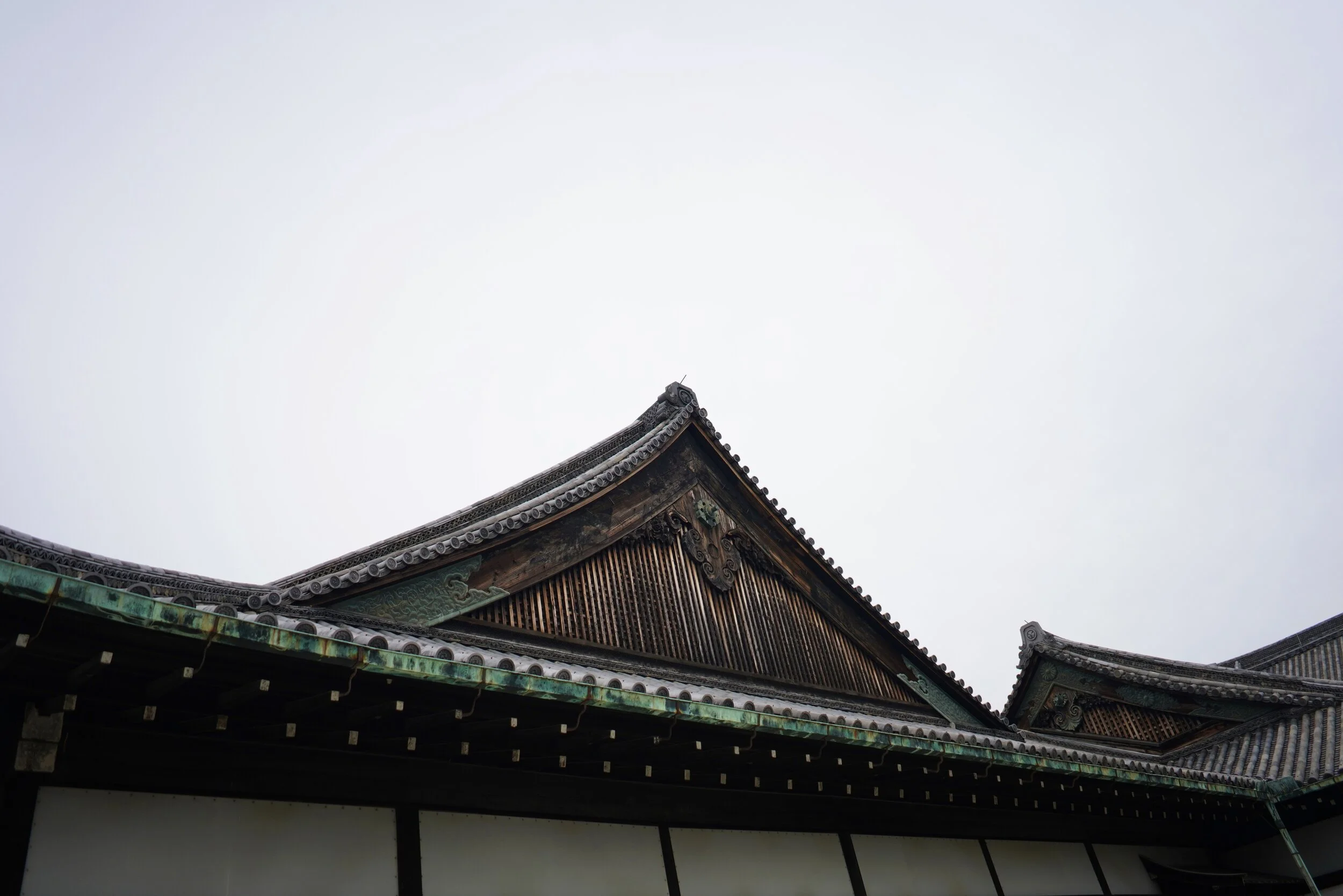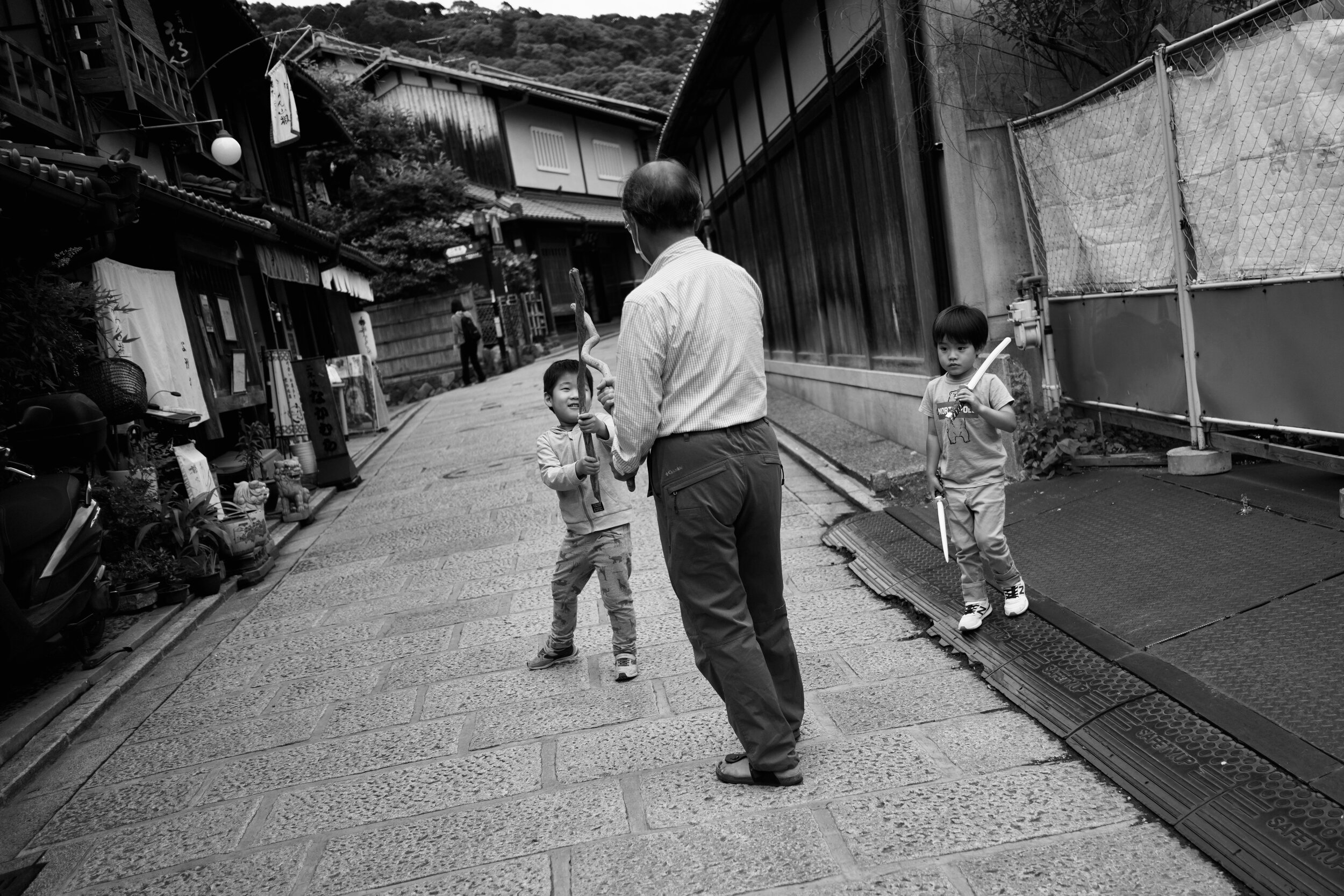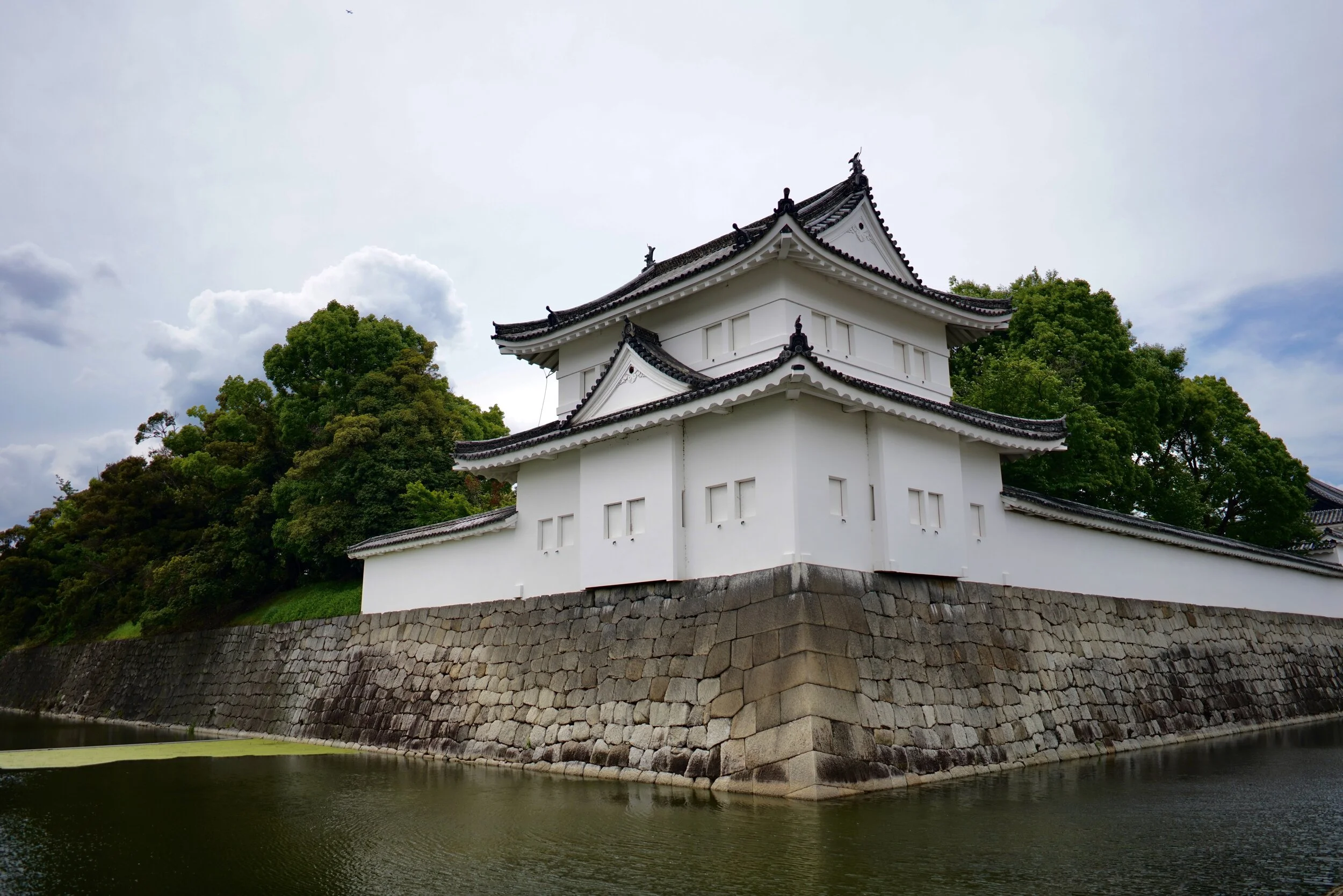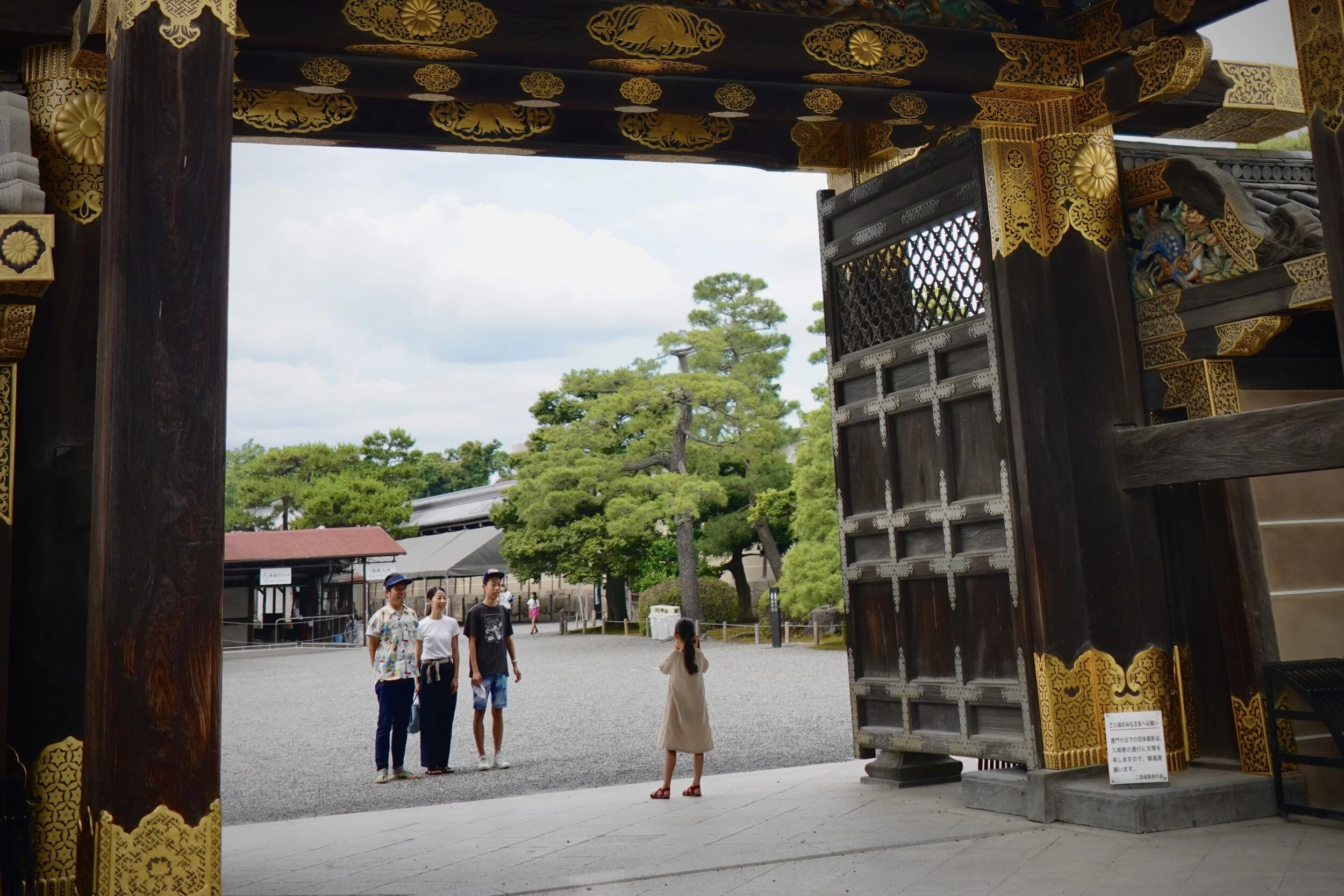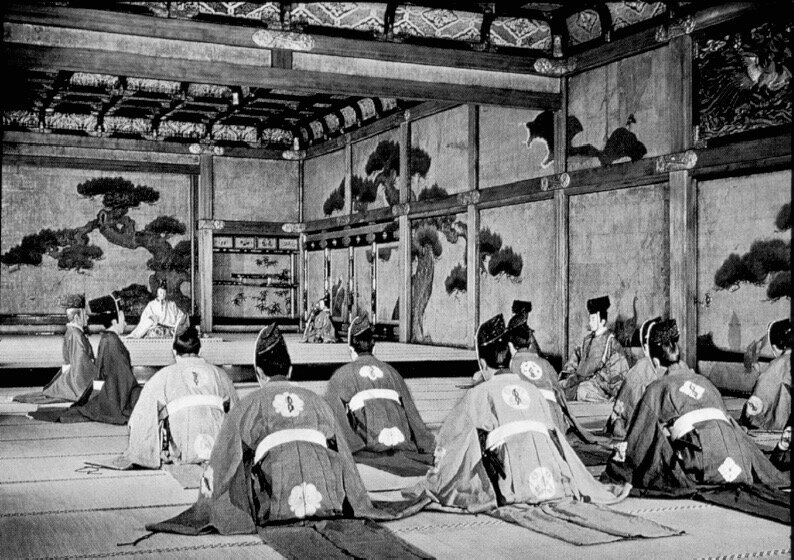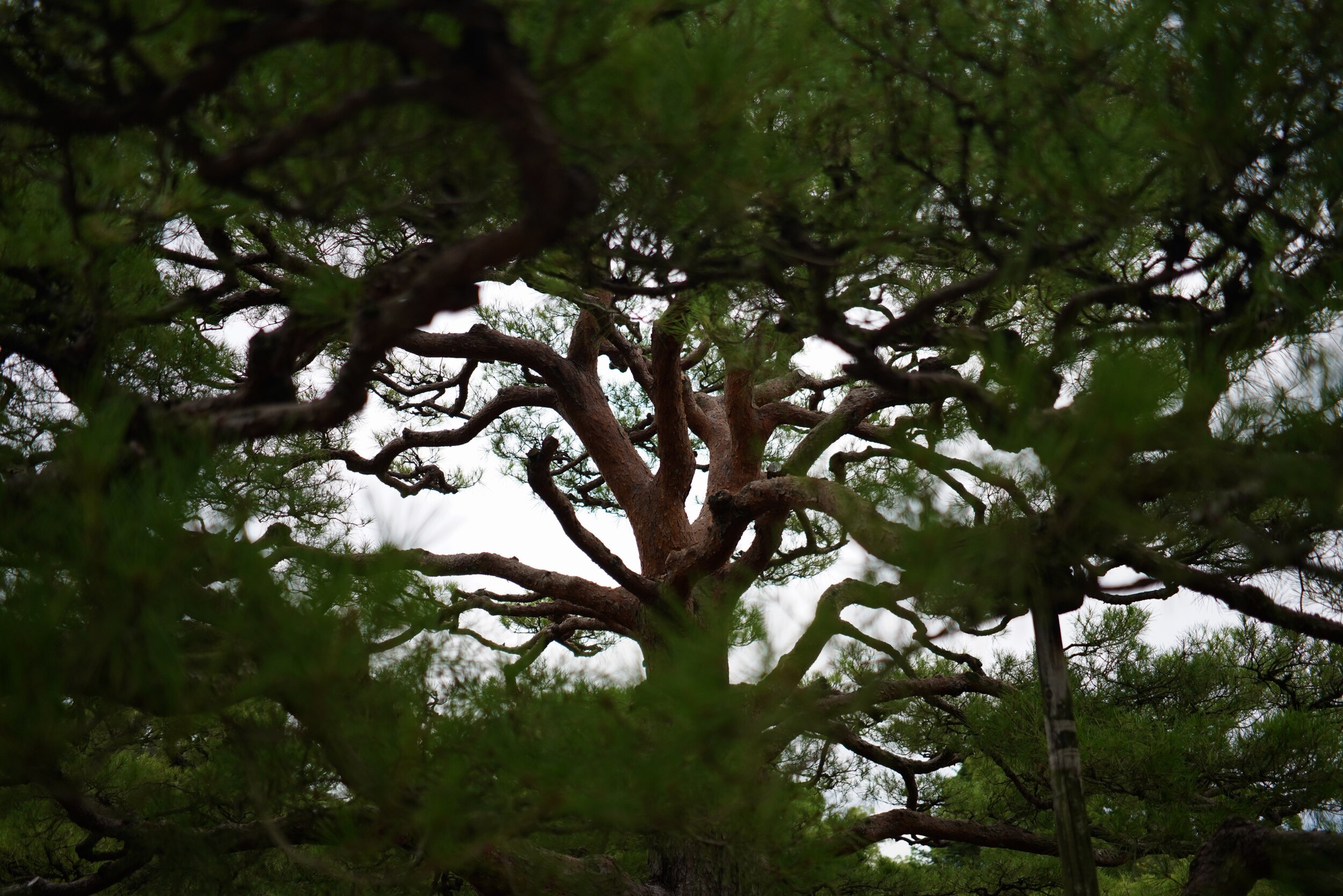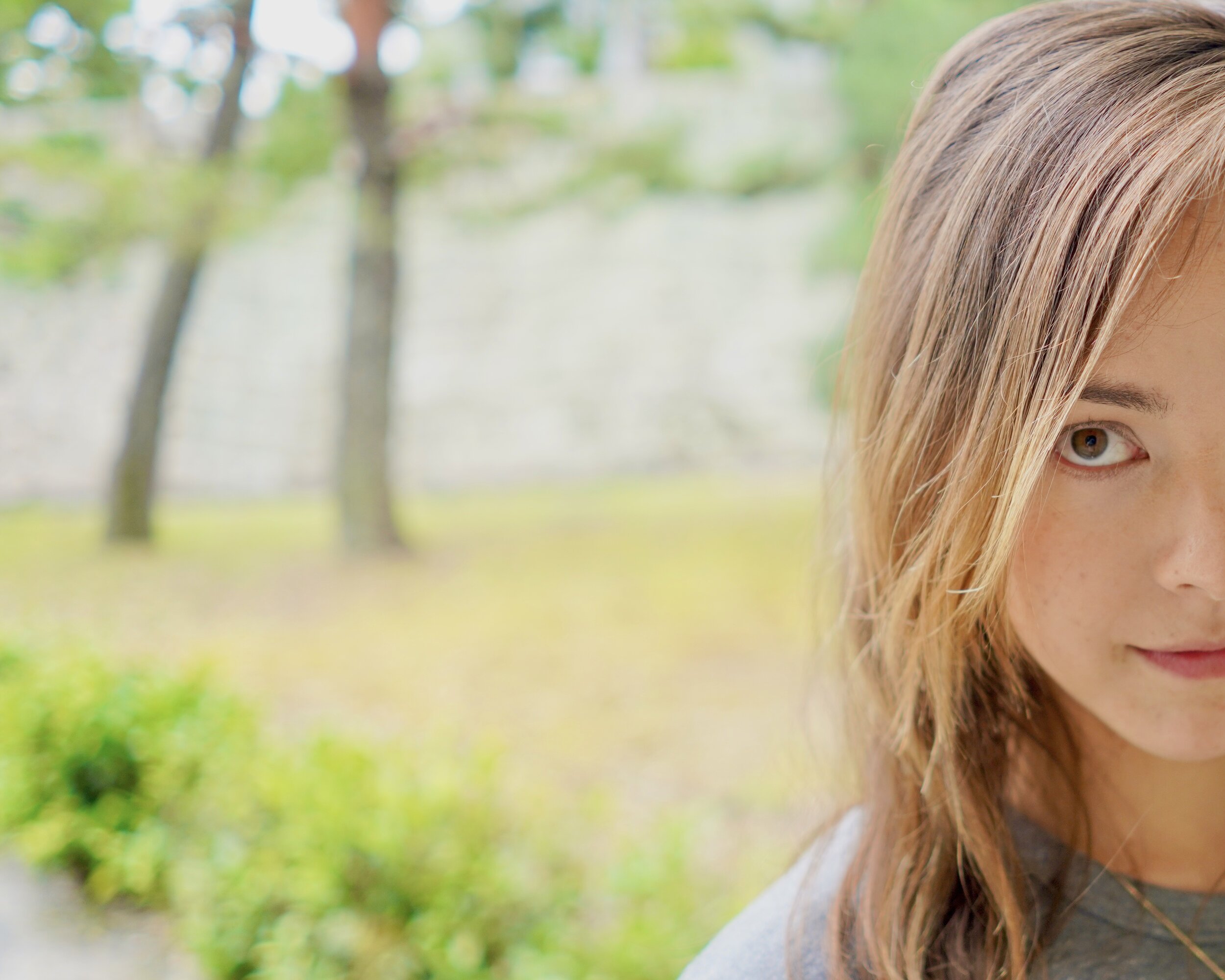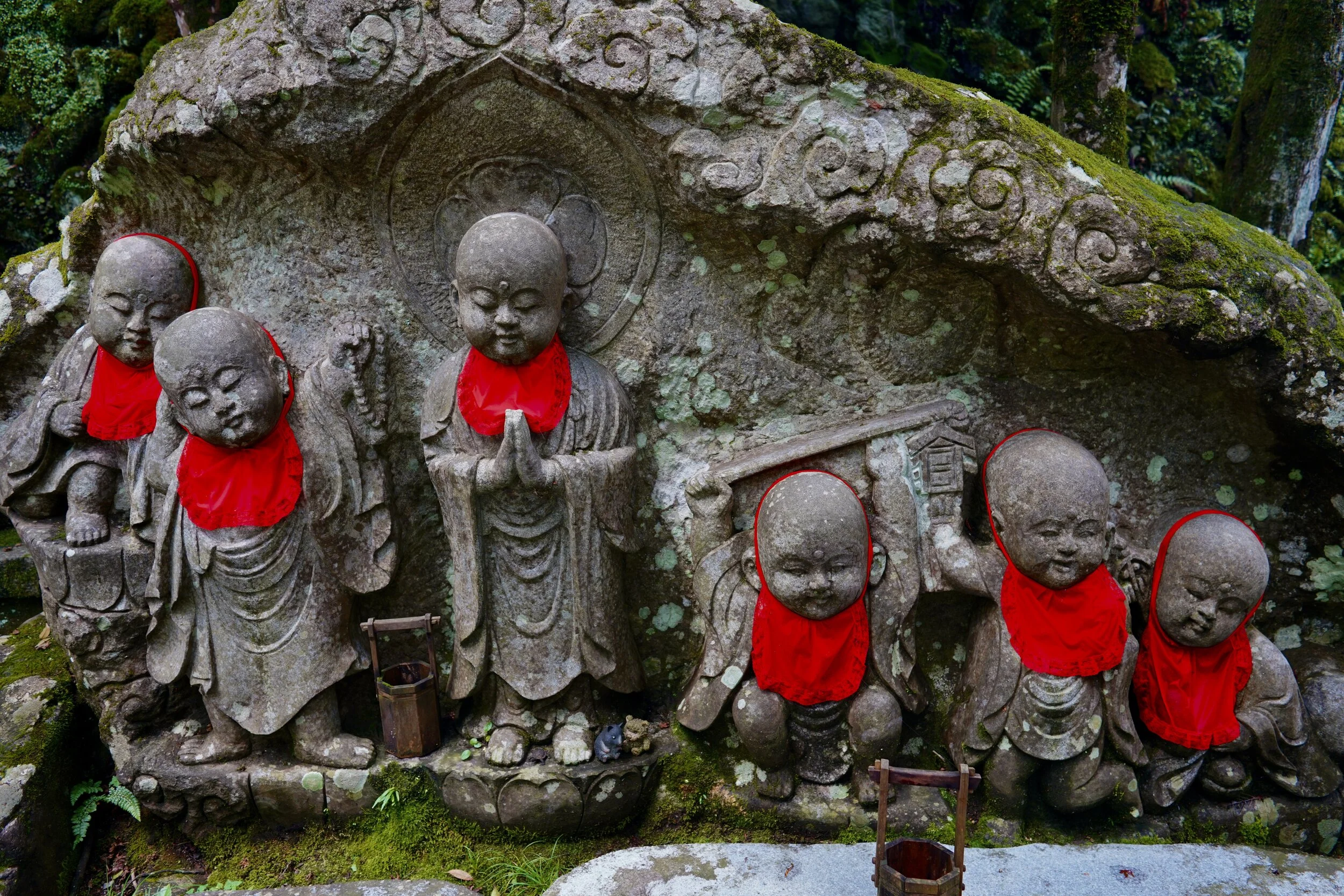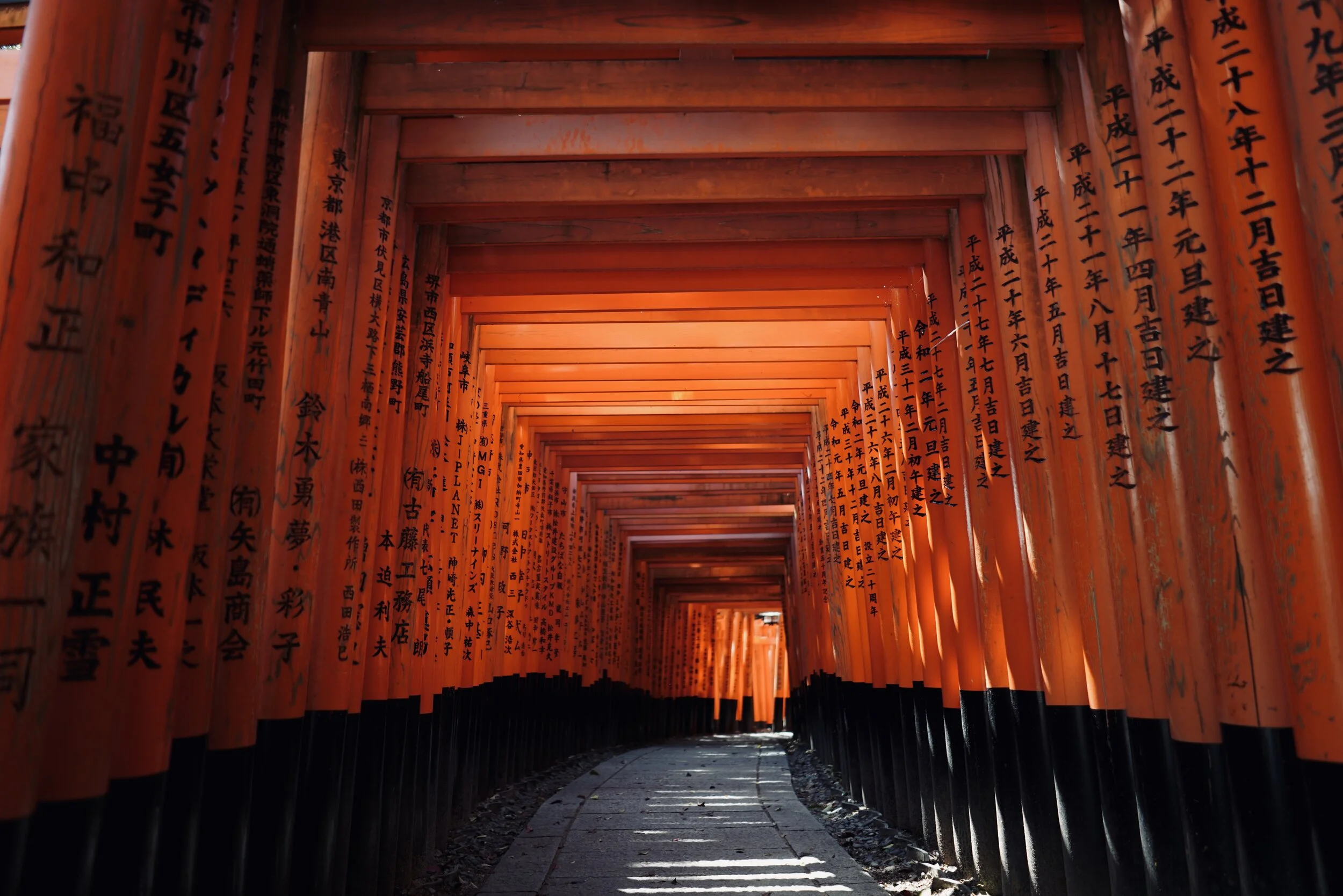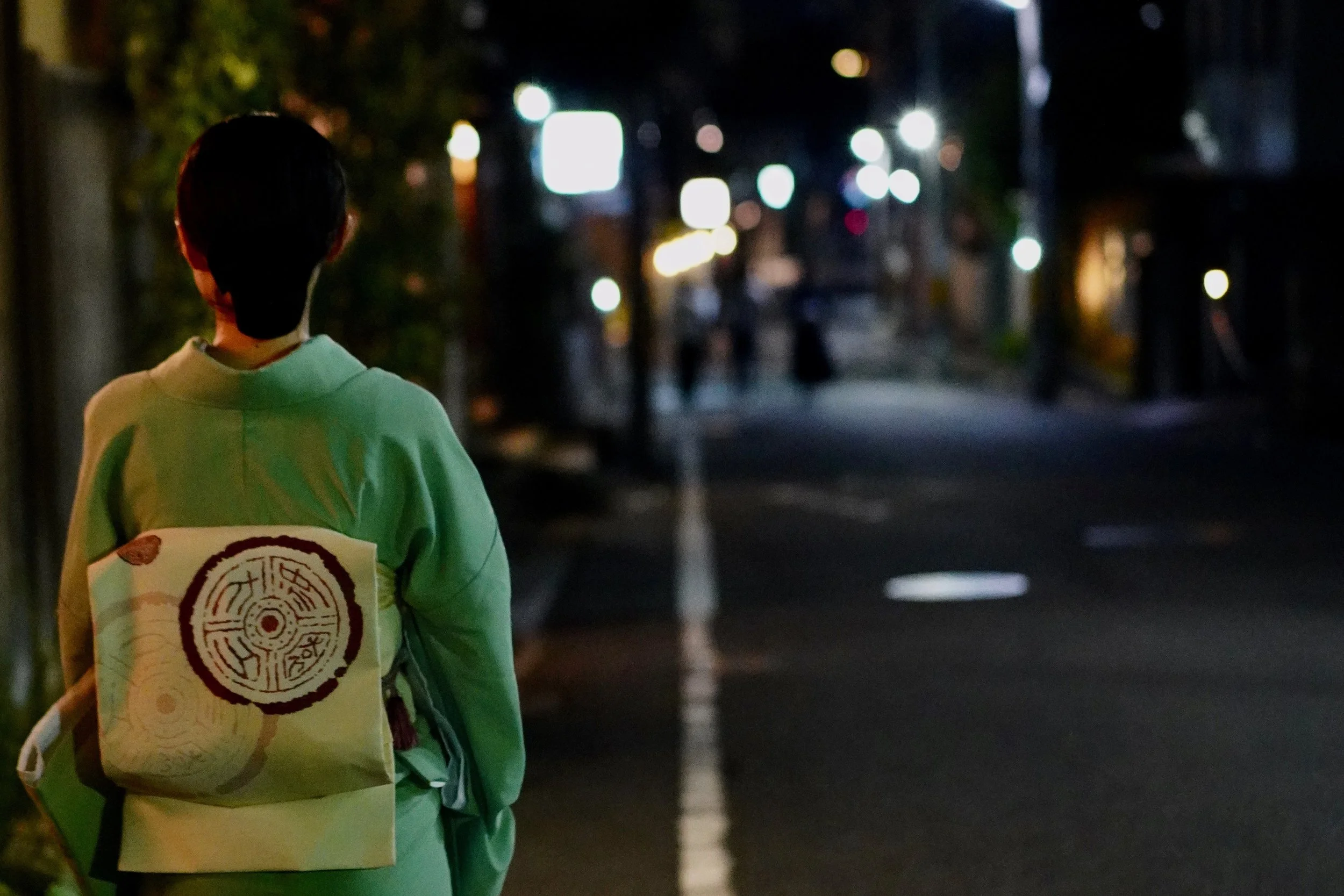An Honorable Life
I glance up from my seat, as the vibrations of the tracks sway the train back and forth. I notice how much greener the countryside has become from the heavy June rains as I peer out of the fogged-up glass, with my soggy umbrella resting at my feet. One of the train’s crew members quietly walks past, reaching the front doors of the car. He is spotlessly dressed in uniform with gleaming white gloves, holding himself with commanding posture. I watch him closely as he turns to face everyone, and pauses. He stands statue-like for a prolonged moment, as his eyes focus straightforward, and then he bows. His bow is deeply intentional, almost balletic in its delivery; a movement performed with such grace and humility. He returns to an upright position, concluding his acknowledgment of respect to his passengers, and exits.
It’s not always easy to come by, such subtle moments of deeply-rooted honor, but Japan gently reassures me that honor, in fact, still exists. Our eyes strain behind screens now, where honor has been painted as a virtue abandoned, buried and forgotten. It’s a circus show, the instant my phone illuminates by the tap of my finger. Our windows to the world, fitting ever-so-nicely in our palms, aren’t really windows at all. We can’t see the world if we never look up anymore.
I’m looking up on a sticky July day, and my eyes are following the gradual curvature of an ancient castle’s charcoal-colored roof. A moat of greenish water snakes around the border of the grounds, brushing up against the sturdy stonework of the exterior wall. I hand my ticket to a polished-looking woman waiting past the ticket booth, as she greets me with sincerity. I’ve admired how every Japanese citizen seems to take pride in their profession, no matter its size or status, working with a sense of dignity and duty. An endearing family pose for a picture at the main gate, hands down by their sides and reserved smiles on their faces. I marvel at how interactions between the Japanese always seem to be carried out with soft-spoken patience and sweet politeness, whether it’s between families, friends, or strangers. A collective measure of respect for oneself and for others still endures as the backbone of this country, and I’m humbled by such a powerful harmony of understanding amongst a nation.
Jeremy and I remove our shoes before entering the castle, as following rules are the way of this country, neatly placing them to the side. We walk barefoot across wooden-planked flooring nicknamed “nightingale floors” that creak and chirp with every step, a 17th century alarm system to ward off unwanted intruders. Voices are hushed, cameras are put away, and courtesy is given as everyone forms an orderly line, pausing from room to room. We examine detailed depictions of nature settings painted on every wall and discover secret passageways built for the shogun’s bodyguards. Shoguns were once the almighty rulers of Japan, ranked as the supreme military leaders, fiercely protected by the samurai.
Photo Credit: Far East Fling. fareastfling.me
I imagine the voices echoed within these walls; the discussions that were held and the decisions that were made. I picture a ceremonial formation of samurai, with their hair tightly tied back and their swords slung by their sides, bowing to their shogun on bended knees. I think of the deaths that were made absolute here, blood spilt and stained upon the tatami floors. A man’s final breath, dying from a Japanese suicide ritual known as harakiri, his belly sliced by his own hand to preserve his honor. A samurai’s life was bounded with death; his one-and-only purpose was achieving a life and a death of honor.
Bushido was the “Way of The Warrior,” a set of principles the samurai lived by. Consisting of eight virtues, the samurai’s code of conduct was a mastery of self-discipline, compassion, duty, character, justice, respect, courage, and honor. A warrior never sought anything outside of himself, everything was found from within. He reserved only one form of judgment of character, the judgment of himself. He was disciplined enough to control himself at all times, and wise enough to never attempt to control others. A warrior’s true marking of strength was measured by the compassion he extended towards others, even enemies. Honor was the heartbeat of a warrior, and when his mighty heart remained rooted by virtue, he personified the “Way of The Warrior.”
Jeremy and I slip our shoes back on, stepping outside under the glaring heat of the midday sun, shifting shapes of shade dancing across our faces. We pass beneath giants older than castles, a thousand, twisted limbs of Japanese black pines. “If only they could talk,” my mother would say to me as a child. Would the trees speak of how we’ve lost our way?
I wonder why we don’t speak of honor much anymore. It’s like dust trickling across the sky, once a part of our earth, but now fading into the clouds.
I hope honor finds its way back to us, becoming a part of us, slowly mending its broken fragments together.
Kanpai,
Tera


